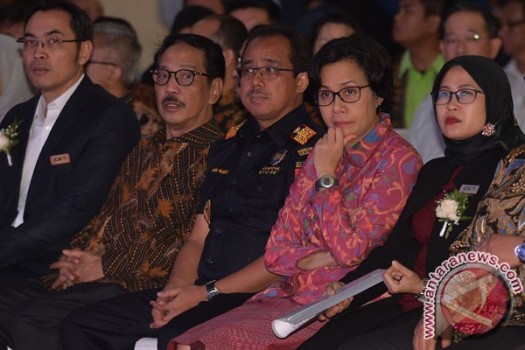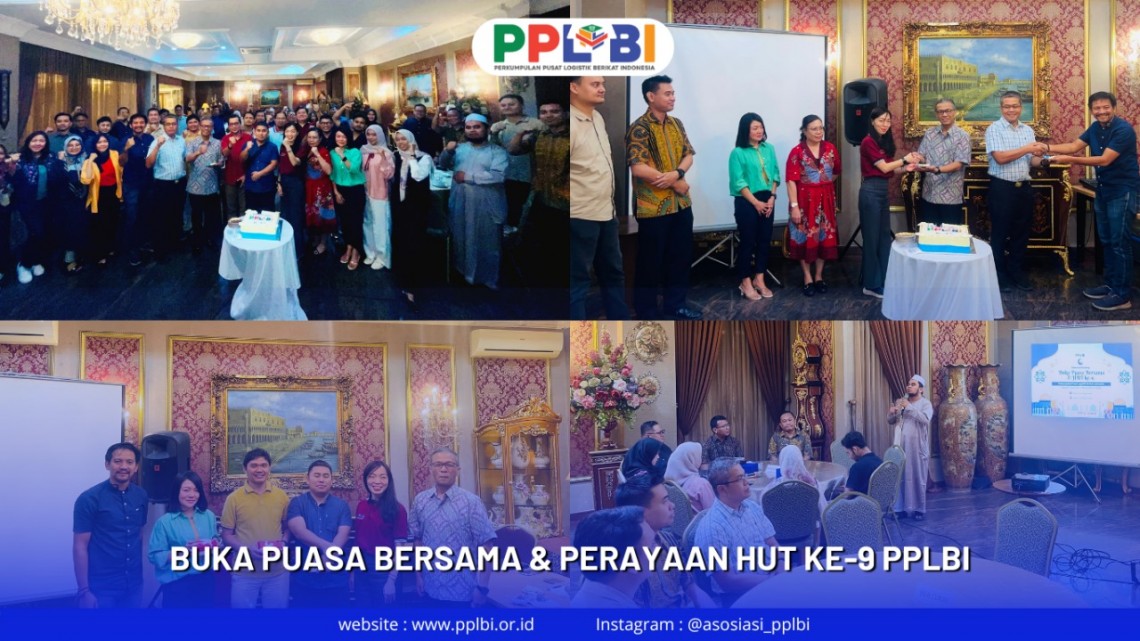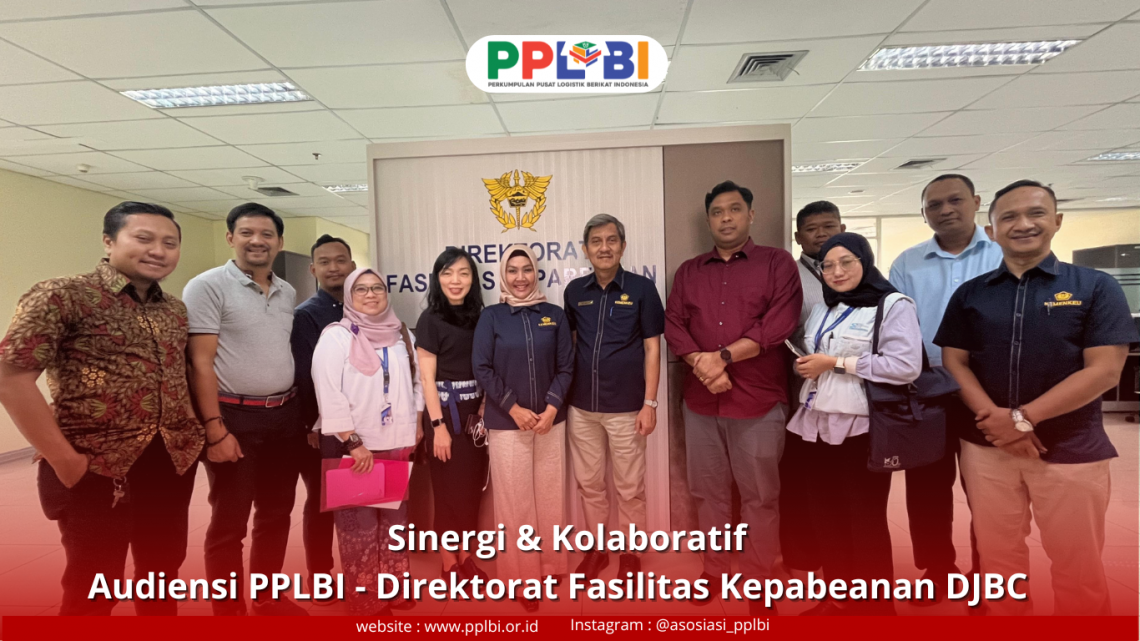"Please ensure that these Bonded Logistics Centers (BLCs) are maintained to truly become clean and good institutions. They must not become smuggling hubs that lack the `sense` to create transparency."
Jakarta (ANTARA News) - Finance Minister Sri Mulyani Indrawati has requested improvements in Bonded Logistics Center (BLB) services for businesses to be more effective in reducing logistics costs and avoid becoming smuggling hubs that harm the nation.
"Please ensure that these BLCs are maintained to truly become clean and good institutions. They must not become smuggling hubs that lack the sense to create transparency," said Sri Mulyani during the One Year of BLC event in Jakarta on Wednesday.
Sri Mulyani stated that BLC operations over the past year have established good cooperation between customs authorities and businesses, with potential to become national and Asia-Pacific regional logistics hubs comparable to services in China's Shenzhen economic zone.
However, she acknowledged four areas needing improvement for BLCs to become more effective as bonded warehouses and compete with neighboring countries that currently have lower logistics costs than Indonesia.
First, establishing clear business models and adequate definitions by studying BLC services in other countries, especially if aiming to develop BLCs into national and Asia-Pacific logistics hubs.
Second, creating measurable progress by setting targets for increasing imported commodity types stored in BLCs, including not just industrial raw materials but also public-consumption goods.
"Household consumption is our economic growth engine. Indonesia's 5-6% growth target must be translated into a five-year roadmap with annual milestones," she explained.
Third, expanding BLCs beyond Java to underdeveloped regions like Eastern Indonesia to reduce inequality. This would decentralize Indonesia's entry points beyond Jakarta to border areas.
Fourth, developing sector-based BLCs to meet growing demand from Indonesia's expanding middle class, while aligning with service industries that support economic performance.
"We want stronger growth narratives. Transportation and telecommunications sectors are growing nearly twice as fast as our 5% GDP growth. We must maintain this momentum," Sri Mulyani emphasized.
Customs Director General Heru Pambudi added that authorities will encourage businesses to utilize BLC fiscal facilities and procedural simplifications to ease raw material and consumer goods supply.
Customs has already synergized with other ministries to improve BLC services, including conducting in-BLC surveyor inspections as mandated by Trade Ministry Regulation No. 64/2016.
"The Trade Ministry now allows surveyor inspections within BLCs instead of overseas. This reduces inspection costs from Rp8 million to Rp5 million per commodity while speeding up processes," Heru explained.
Other improvements include quarantine facilities within BLCs to reduce dwelling time, online delivery order coordination with shipping lines, FTA system implementation, and preferential tariff simplifications.
The Customs Directorate has also partnered with the Indonesian Bonded Logistics Centers Association, which mediates between customs authorities and BLC users.
Currently, 34 BLCs operate nationwide, storing various commodities including automotive raw materials, mining/oil/gas equipment, heavy machinery, SME products, defense materials, chemicals, personal care items, textiles, and aircraft components.
Over the past year, BLC warehouses stored Rp1.16 trillion worth of goods from 20 international suppliers, 34 international distributors, and 97 local distributors, with average 1.8-day lead times.
Established in March 2016, BLCs have contributed Rp10.28 billion in import duties, Rp27.13 billion in Article 22 Income Tax, and Rp120.09 billion in import VAT to state revenue.
Several companies have relocated warehouses from Singapore to Indonesia since BLC implementation, including PT Cipta Krida Bahari which plans 300,000 m² of BLC warehouse space by 2020.
BLC formation fulfills the second economic policy package mandate to reduce logistics costs and improve national trade efficiency. BLCs are considered among the most successful economic policy implementations.
Indonesia's current logistics costs reach about 26% - higher than neighbors like Malaysia (13%), Vietnam (13%), and Thailand (16%).
Editor: B Kunto Wibisono



